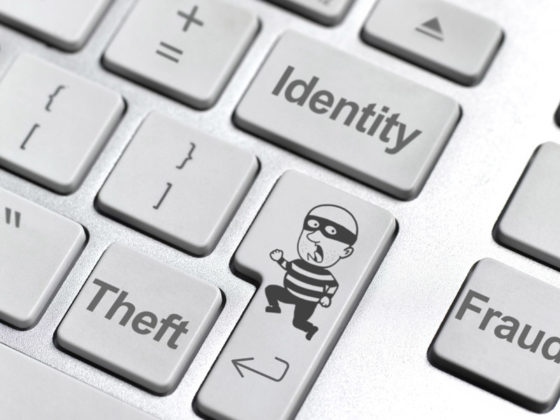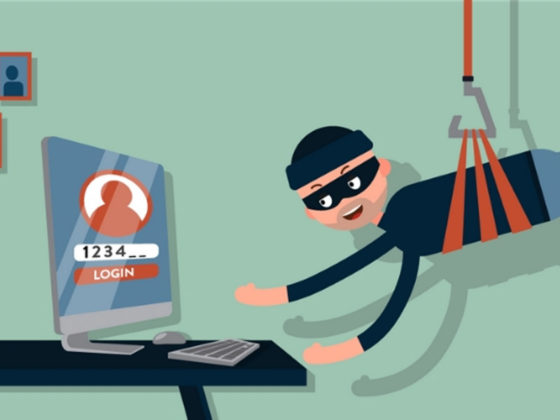Identity theft or Identity fraud is a dangerous situation that many people find themselves in. While identity theft complaints have decreased by 3 %, it is still a pervasive crime that is estimated to affect over 9 million Americans per year. It can happen to anyone, and no one is immune to it and can have a grave impact on your future. To better understand this concept, let’s explore some of the best solutions for this problem.
LifeLock and IdentityGuard are some of the largest and most trusted identity theft protection companies. You won’t make a mistake if your pick is one of them. But which is better – IdentityGuard or LifeLock?
Each of these companies has its different plans with unique features, advantages, and disadvantages. In this review, we will give you details that will help you decide what would work for you best? Or are these your companies at all?
What Does LifeLock Offer?
LifeLock, started their business in Tempe, Arizona in 2005, has grown into one of the top-trusted credit monitoring and identity theft protection companies in the United States. Now over 4 million users put trust in them.
LifeLock Standard is a bare-bones identity theft protection service. It covers you against lost and stolen wallets, social security number abuse, and sudden address changes. Your information gets monitored on the Internet’s black markets. You also get privacy against many pre-approved credit card offers. Plus, the plan is backed by a *$1 million service guarantee.
LifeLock Advantage gives you both identity theft and credit monitoring services. With this plan, you get your credit report and score once a year from one bureau. The alternative from IdentityGuard gives you reports and scores from all three bureaus, four times a year. The added benefits of data breach alerts and debit and credit account warnings make up for it.
LifeLock Ultimate Plus lets you have everything Advantage offers, plus you get monthly score updates and annual credit reports from all three bureaus. You also get a greater level of account alerts, coverage reaches to your family, and they help you get taken off mailing lists. There are too many features to list, and the 24/7 phone support is the icing on the cake!
What Does IdentityGuard Offer?
IdentityGuard offers one of the most comprehensive identity theft protection plans and credit monitoring. IdentityGuard covers all the basics of identity monitoring – name, Social Security number, bank accounts, credit reports, etc. – but it’s missing a few features found among the best identity theft protection services. Its restoration services also leave something to be desired.
Identity theft protection services make it easy to keep an eye on your name. You get to see what happens. This makes it easy to catch any problem as it surfaces. For example, you can get a text notification with ease as soon as someone tries to open a new bank account in your name.
The credit monitoring services add to the game. They make it possible for you to have all the information you need to keep your credit in good shape. The possibility of monthly credit reports and scores is more than incredible. Every month, you get to know the extent of any progress you make towards bettering your credit.
Plus, you get to find out how you can better improve your credit score, and countless alerts can come in handy. But, that does not mean IdentityGuard and LifeLock are prime credit monitoring services. If you are more focused on your credit, then a specialized monitoring service is ideal.
How Can You Protect Yourself From Identity Theft?
Another course of action besides the use of the identity theft protection companies include taking personal measures and utilizing other free resources like the government resources.
Below is a list of Preventive and Proactive Measures to Reduce Identity Theft
Here are a few of the measures that you can take to prevent identity theft:
- First, you can consider getting subscribed to an identity theft protection service. Several companies offer identity protection solutions to help you if you fall victim to identity theft.
- Keep all your sensitive documents in a safe place and make a few copies of your credit cards, ID cards, and all other personal documents that you keep in your wallet.
- Unsubscribe from junk emails with open credit card offers or prescreened offers of credit and insurance.
- While using online services, use strong passwords that nobody can manage to guess like a random combination of unique character, letters and numbers work best.
- Protect your computer with anti-spyware and anti-virus software and ensure they are up to date.
- Do not reveal any personal information to unverified sources or insecure websites.
- Monitor your credit frequently even up to 4 times a year to check for suspicious or incorrect
- information like a substantial or unexplained change in credit score and place fraud alerts on your account for greater protection.
- Shred personal documents before throwing them away including mail, credit card, bank statements, and even receipts.
- Freeze and lock your credit account in all the major credit bureaus. It limits any pass to your files, and so no one can open new credit accounts until the account is unfrozen. You will have to pay a small freezing fee for your credit, which usually varies by state.
- Have a limit to the amount of information you share in social media personal profile pages
- Be careful when doing shopping in different stores and hide your credit or debit card.
- Create long passwords on your mobile devices and also use the two-factor identification when available. Switch off your Bluetooth when not in use. When using a public Wi-Fi, be careful since others may be able to access your data and don’t download free apps, since they may contain malware.
- Monitor and read health insurance claims, credit card, and bank statements.
- Visit the IdentityTheft.gov website if you are sure that you’ve been an identity theft victim, or if the personal credentials have been exposed or stolen.
Conclusion
IdentityGuard and LifeLock are the two best identity theft protection companies in the business. They both offer excellent protection services, but in the end, LifeLock has been known to be the better.







